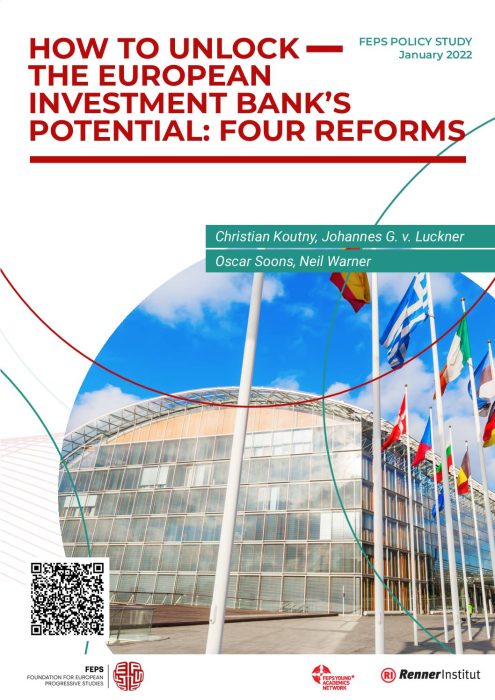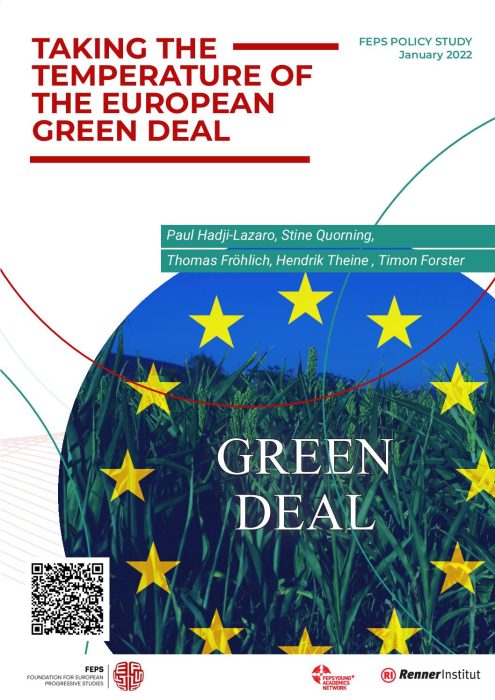Research and teaching associate at the Vienna University of Economics and Business, Austria.
Severin’s research is about the measurement of wealth inequality and intergenerational transfers. He is interested in improving the available evidence on the distribution of wealth and bequests. This includes unearthing new data and creating tools to make data from different sources and countries comparable.
To what extent do EU fiscal rules constrain governments' social and labour market spending? Exploring the critical cases of France and Italy, this policy study gathers evidence from two decades of interactions between national welfare priorities and EU fiscal rules and, through this comparison, sheds light on the mechanisms underlying recent recalibrations and what it means for the Social Pillar implementation.
Political Mentor: Jonás Fernández, MEP S&D
Academic Mentor: Carlo d'Ippoliti, Associate professor of political economy at the Department of Statistical Sciences of Sapienza University of Rome.
Researcher at the Astrid Foundation, and an Associate Research Assistant in the Economic Policy and Jobs & Skills Unit at CEPS.
PhD student at Sciences Po Paris
Affiliated Postdoctoral Researcher in the Horizon projects ActEU and PUSH*BACK*LASH
Researcher at the Department of Political and Social Sciences at the European University Institute (EUI)
Research and teaching associate at the Vienna University of Economics and Business, Austria.


